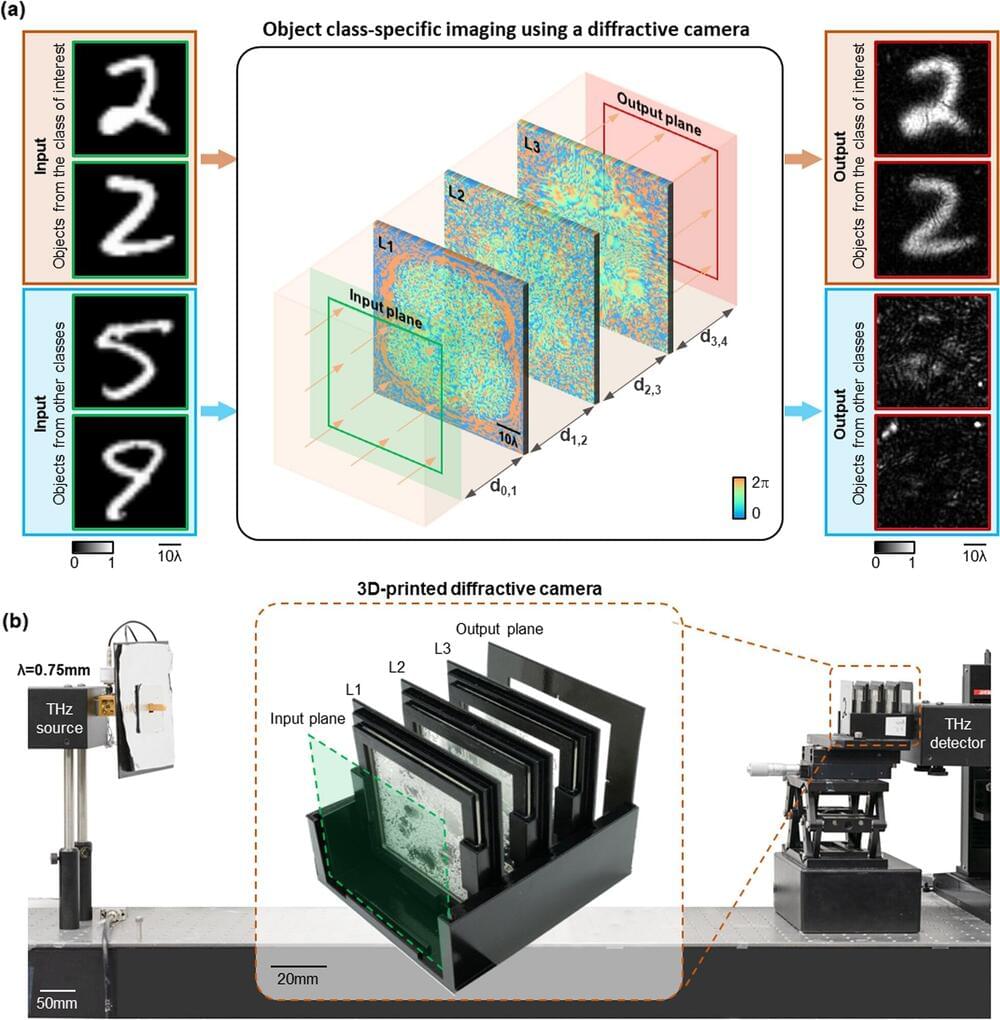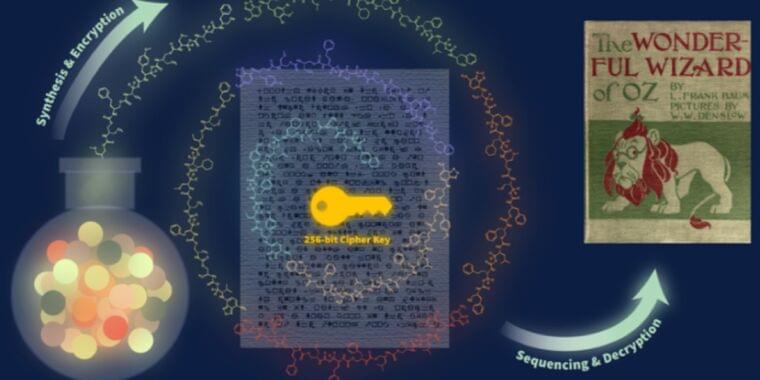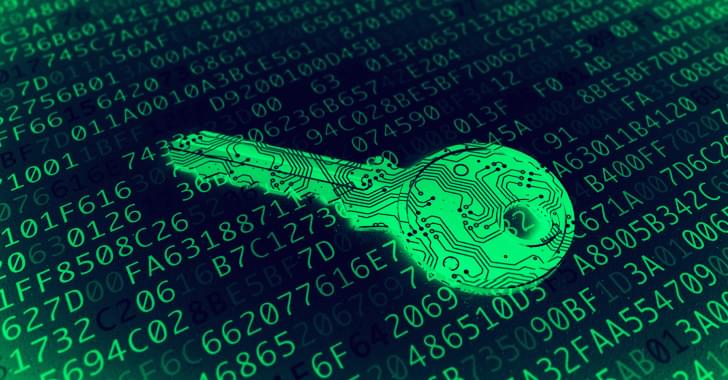“So a quantum key distribution consists of two things: No. 1, got to have a quantum random number generator, and that’s one of the things that QNu Labs makes,” he said. “The second thing that you need is the receivers in which those two devices connect and be used to convey encrypted messages in this fashion.”
In military use, quantum key distribution would work best in point to point communication — that is, communicating from one person to another. Creating a “true network” that’s able to send the same encrypted message to multiple receivers at once is challenging because the encrypted bit that’s carrying the message eventually begins to lose its coherence and “drops away,” Herman said.
“In the military, where you’re sending extremely sensitive classified data from one office to the next, you want to make sure that no one’s going to be able to break into and decrypt that,” he said. “Well, [quantum key distribution] is definitely a way in which to carry that out.”


 עברית (Hebrew)
עברית (Hebrew)




